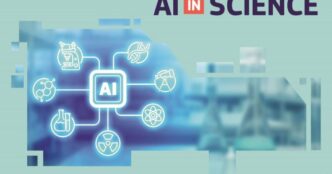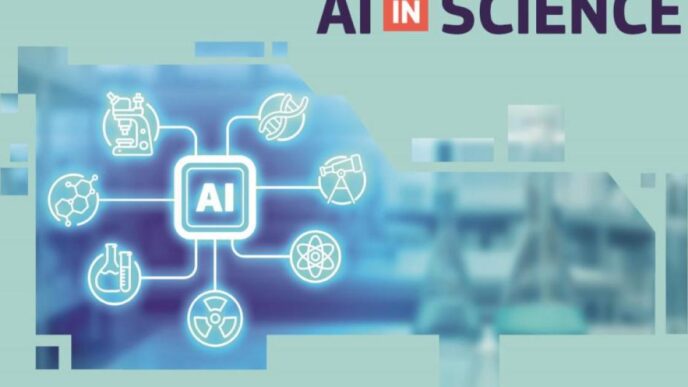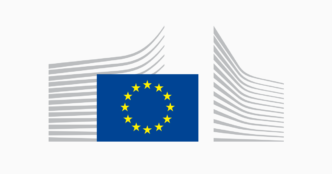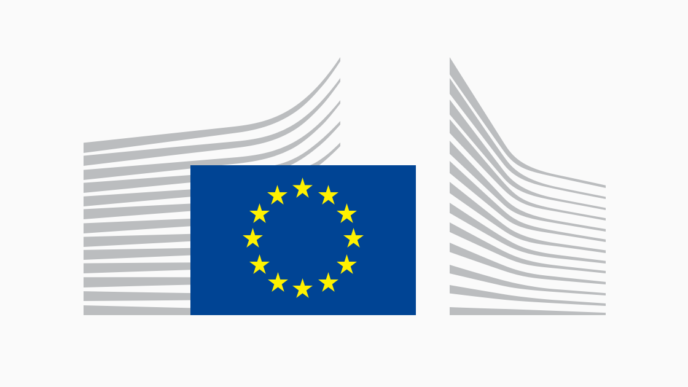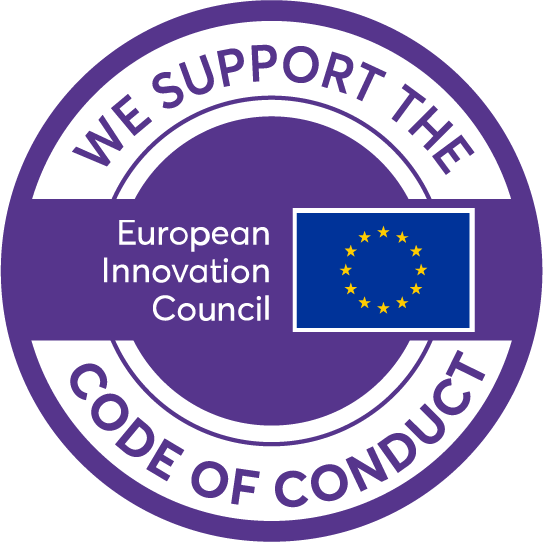Three years ago, on 26 April 2022, the Commission (DG Defence Industry and Space, DG DEFIS) and the EU SST Partnership (back then EU SST Consortium) created the EU Industry and Start-ups Forum (EISF) on Space Traffic Management (STM) with the aim of fostering the innovation and competitiveness of the European space surveillance and tracking (SST) private sector.
So, what has been happening? And where are we now? Here’s what DG DEFIS, the EU SST Partnership and the SST private sector have achieved together in the past three years:
Boosting European SST private sector
Over the past three years, the EU has been supporting the Union’s SST private sector by tendering more than 142 million EUR in 106 calls to 67 EU companies (incl. subcontractors). These tenders cover a vast range of hardware and software developments to improve day-to-day SST operations as well as research and innovation activities to prepare future space surveillance capabilities of the EU.
More opportunities become available on a regular basis, so keep an eye on EU SST Procurement to find out more about ongoing and future EU SST tendering processes.
Enhancing EU SST services
In turn, the European SST private sector has started supporting EU SST services, in particular collision avoidance, by providing survey and tracking data from 72 EU commercial sensors. This significant increase in sensors also helps the EU to better “see” what happens in space. As a matter of fact, sensors selected for the EU SST sensor network are spread out all over the world, thereby reducing blind spots.
Also, by now 38% of data (from 1% three years ago) processed for EU SST services comes from EU commercial data providers. While this progress is significant, our objective is to increase the contribution from European commercial data providers to an ideal balance of approx. 50-50 between military and commercial data in the coming years.
In addition, the EU currently invests in the development of 14 European innovative commercial sensors. This helps to advance new and emerging technologies such as radars, telescopes, passive RF, and space-based surveillance systems (SBSS), further improving EU SST capabilities in the future.
Improving EU SST operational processes
EISF members and the EU SST Partnership have also put their heads together to come up with ideas and concepts how EU SST services could be further improved. As a result, the European SST private sector shares their views and feedback on options such as:
- access to a public part of the SST catalogue for research purposes
- concepts for public and advanced commercial services
- concepts for additional services on space debris mitigation and remediation
All this is the result of over 10 years of close cooperation between the EU and the European SST private sector which started back in 2014 with the setup of the SST support framework.
Gathering European SST champions
The EISF is open to large companies, SMEs, start-ups etc. active in the space industry that are established in the EU and not subject to the control of third-states or third-state entities. EU research and technology organisations may also participate where these are active in STM industry matters.
Out of the approx. 70 companies that are members in the EISF, SMEs incl. start-ups make up about two thirds. This highlights the opportunities that the EISF offers in particular to small innovative European companies with great ideas on how to make space safer and more sustainable.
Since its inception three years ago, the EISF has held seven meetings, gathering on average 150 participants from about 70 companies. This underlines the added value that the European SST private sector sees in participating in EISF activities.
These figures are in addition to numerous preparatory and working-level meetings that have been held by, between, and with DG DEFIS, the EU SST Partnership, EU Member States, Working Group leaders and members, and EISF members.
A word from the co-chairs
Here’s what the co-chairs think looking back on three years of EISF:
Rodolphe Muñoz, Head of Sector at DG DEFIS: “I think the EISF is a great example of what can be achieved if you work closely together with your partners in a spirit of cooperation, transparency and trust. We asked the EU SST commercial sector to join us at the table to shape together, with the EUSST Partnership, the future research and innovation priorities for the sector. This transparency enables you to know in advance the topics where the EU will invest. And it worked! The EISF is a very active forum, and we’re grateful to all the members for their time, ideas, suggestions and, yes, also criticism, on how we could best support the development of an EU SST ecosystem while considering the needs for delivering first-class EU SST services.”
Dr. Pascal Faucher, Chair of the EU SST Partnership: “We are really delighted to cooperate with this vibrant and dynamic ecosystem of industry and start-ups in Europe. This commercial ecosystem is stepping up to drive innovation in the next years and contribute to strengthening our strategic autonomy. We need to take full advantage of this trend. Supporting them is the right strategy. We need to go even faster. The EISF fosters a continuous and constructive dialogue with industry since 2022. This forum allows us to reach our objectives to build a strong innovative and competitive SSA industry and start-ups ecosystem in Europe – and we are already seeing concrete results materializing. When we work together, hand in hand with Member States, Commission, industry and start-ups, then we can reach remarkable goals!”
Meet the winners
Check out some of the EU companies (incl. subcontractors, in alphabetic order) who have been participating in SST contracts over the past three years:
|
|
Background
The EISF gathers more than 150 members from more than 70 EU companies including start-ups, SMEs, midcaps and major actors. Several Research and Technology Organisations (RTO) established in the EU also participate in the EISF. Together with EU stakeholders, they jointly define research and development priorities which are funded by tendering more than 80% of the available EU SST budget to EU industry.
The EISF helps implement the second avenue on “enhancing EU operational capabilities to support STM” of the Joint Communication on an EU approach to STM.
More information
To learn more about or to join the EISF, check out the EISF leaflet or contact DEFIS-EUSST-INDUSTRYFORUM ec [dot] europa [dot] eu (DEFIS-EUSST-INDUSTRYFORUM[at]ec[dot]europa[dot]eu).
ec [dot] europa [dot] eu (DEFIS-EUSST-INDUSTRYFORUM[at]ec[dot]europa[dot]eu).
To find out about meetings, go to Space Traffic Management stakeholder mechanism (europa.eu) and navigate to subgroup 2.
To learn about tendering opportunities, check out Procurement – EU SST.
To learn more about EU STM, check out the following links:
